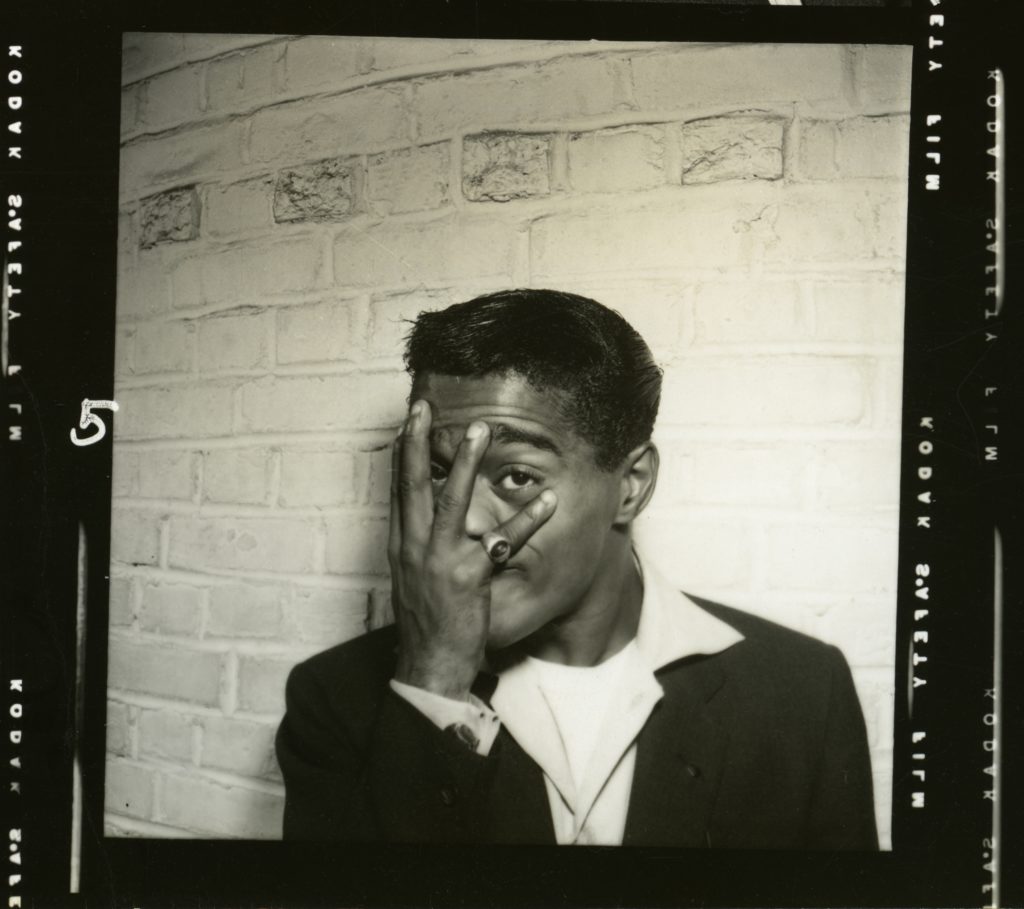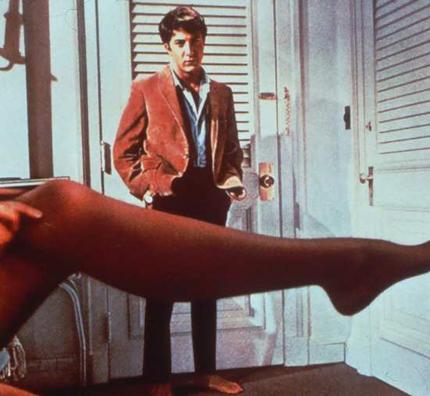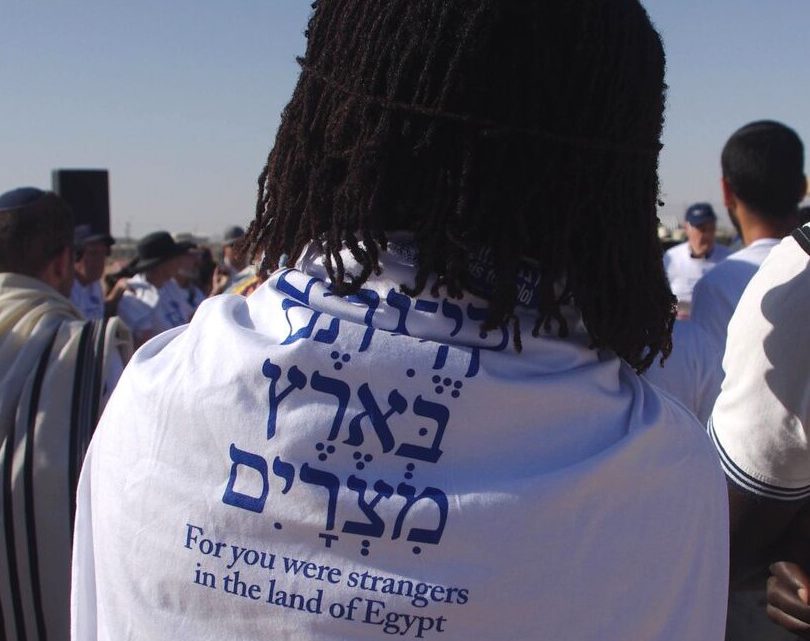
OUT NOW
- Please make every attempt to see the best movie of the year, now in Bay Area theaters: the emotionally powerful coming of age drama Leave No Trace from Debra Granik (Winter’s Bone). Superbly well-crafted, impeccably acted, thoughtful and emotionally powerful, it’s a Must See.
- The savagely funny social satire Sorry to Bother You carries the message that humans are more than just their commercial value as consumers and labor to be exploited.
- The political documentary Dark Money exposes the growing threat of unlimited secret money in political campaigns.
- Puzzle intelligently and authentically traces one woman’s journey of self discovery.
- The surprisingly emotional biodoc Won’t You Be My Neighbor? is about Fred Rogers’ fierce devotion to the principle that every child is deserving of love and our protection.
- First Reformed: Ethan Hawke stars in this bleak, bleak psychological thriller with an intense ending.
- Three Identical Strangers is an astonishing documentary about triplets separated at birth that ranges from the exhuverance of discovering siblings to disturbing questions of social engineering.
- American Animals is funny documentary/reenactment of a preposterous heist.
- RBG is the affectionate and humanizing biodoc about that great stoneface, Ruth Bader Ginsburg.
ON VIDEO
In honor of the San Francisco Jewish Film Festival, now underway, my this week’s video pick comes from last year’s festival. Israel was created as a home for refugees. What happens when African refugees overwhelm a neglected Tel Aviv neighborhood is the subject of the topical documentary Levinsky Park. Levinsky Park is available to stream from Amazon, iTunes, YouTube and Google Play.
ON TV
On July 31, Turner Classic Movies brings us two generationally iconic films – one from The Greatest Generation and one for Baby Boomers.
First there’s the WW II melodrama From Here to Eternity. Sure, it’s a soap opera with that much lampooned Burt Lancaster-Debroah Kerr embrace in the crashing surf. But it’s packed with a great cast, and the story threads are expertly braided together by director Fred Zinneman. Besides Lancaster and Kerr, there’s Montgomery Clift, Jack Warden and – resurrecting his career – Frank Sinatra. One of the best performances is by Ernst Borgnine as the hulking bully named Fatso.
Next, it’s easy to recognize the greatness of The Graduate today, but it’s hard to appreciate how groundbreaking it was – all because of Mike Nichol’s directorial choices. Dustin Hoffman’s performance was central to the success of the film, yet he was a nobody at the time and Nichols had to fight for him – the studio preferred a conventionally handsome leading man. Nichols sure wasn’t copying anybody else when he put the Simon and Garfunkle songs in the soundtrack. And the final shot – where Nichols kept his camera lingering on Hoffman and Katherine Ross until the actors became uncomfortable – is one of cinema’s best.


